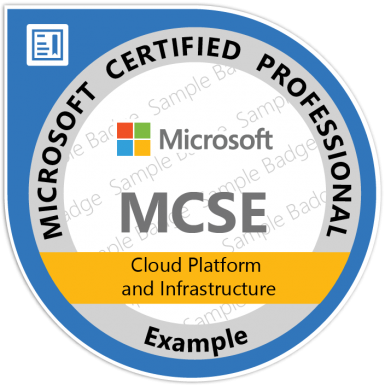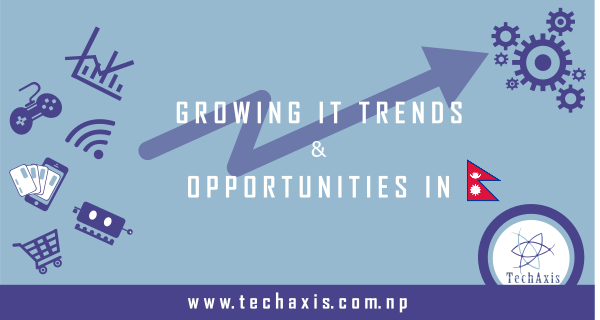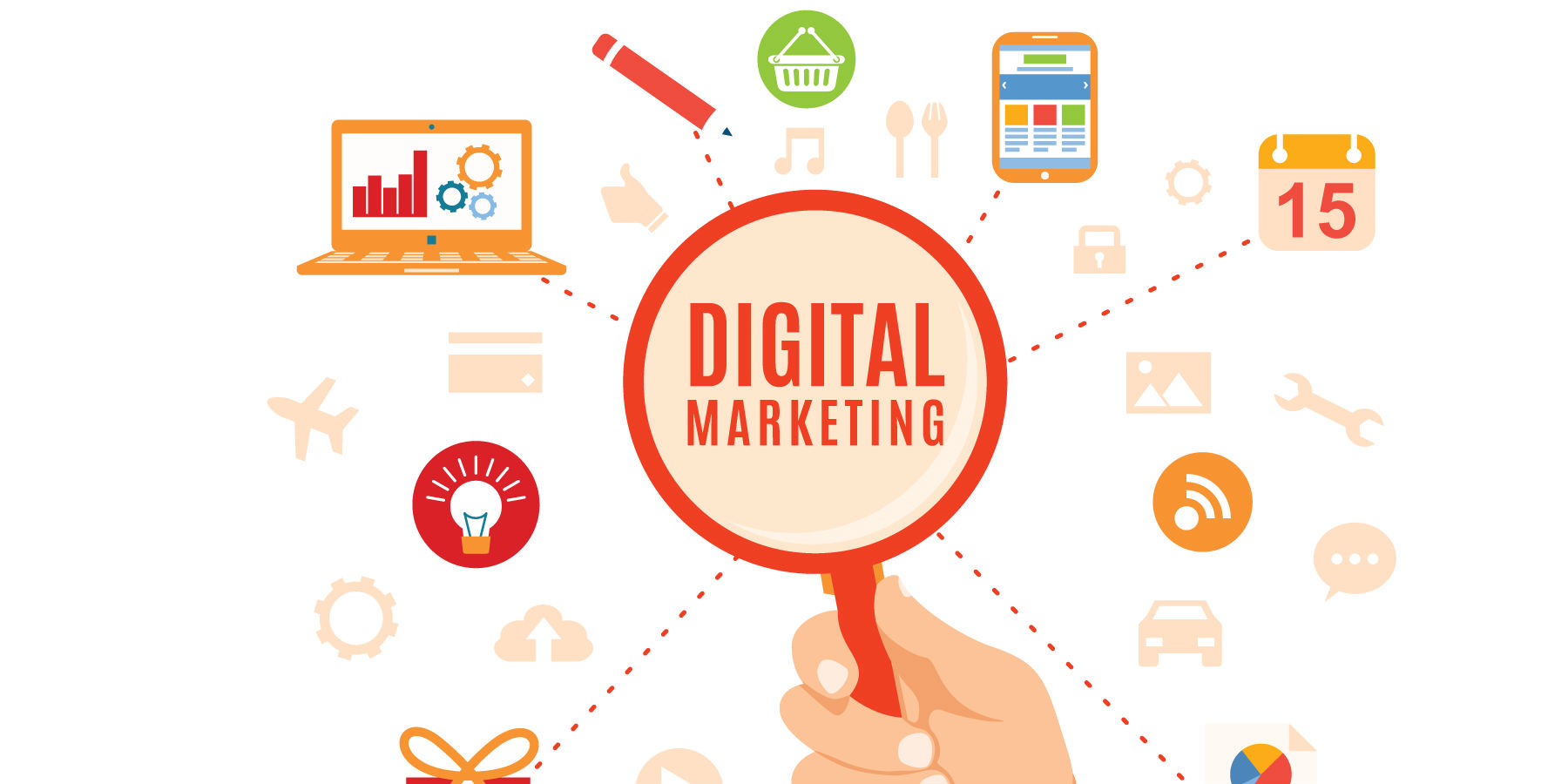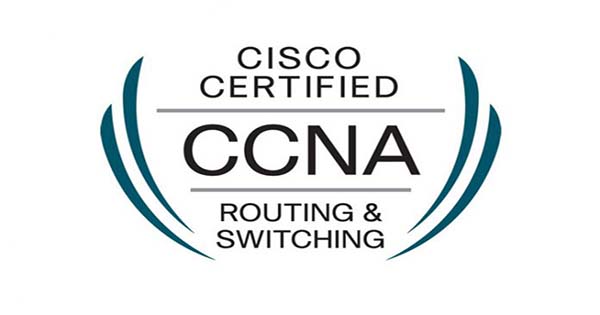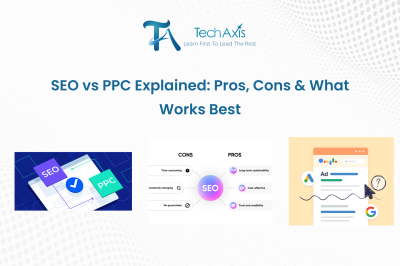
SEO vs PPC Explained: Pros, Cons & What Works Best
If you're diving into digital marketing, one of the first questions you'll face is: Which is better—PPC or SEO? Both strategies have the power to drive traffic, generate leads, and grow your business. But they work in very different ways, and choosing the right one depends on your goals, timeline, and budget.
In this article, we’ll break down what SEO and PPC are, their key differences, when to use one over the other, and how combining both can be a powerful strategy. Whether you're a business owner or a student exploring digital marketing training in Nepal, this guide will help you make an informed decision.
What Is SEO?
SEO (Search Engine Optimization) is the practice of optimizing your website to rank higher in search engine results pages (SERPs) organically, without paying for clicks.
Key SEO Strategies:
- On-page SEO: Optimizing content, meta tags, URLs, and internal links.
- Off-page SEO: Building backlinks and improving domain authority.
- Technical SEO: Site speed, mobile optimization, and crawlability.
Pros of SEO:
- Long-term ROI: Organic traffic is free once you rank.
- Credibility and trust: Users tend to trust organic results more than ads.
- Sustainable traffic: Rankings can bring continuous visitors over time.
Cons of SEO:
- Takes time: Results can take 3–6 months or more.
- Algorithm changes: SEO is impacted by frequent Google updates.
- High competition: Especially for commercial keywords.
What Is PPC?
PPC (Pay-Per-Click) is a digital advertising model where you pay each time someone clicks your ad. It includes platforms like Google Ads, Facebook Ads, and Instagram Ads.
How PPC Works:
- You bid on keywords.
- Your ads appear on top of search results or social feeds.
- You only pay when someone clicks your ad.
Pros of PPC:
- Instant traffic: Launch an ad today, and see clicks the same day.
- Highly targeted: You can target by location, device, demographics, and interests.
- Full control: Pause, edit, or scale campaigns any time.
Cons of PPC:
- Costly: Especially in competitive industries like finance or real estate.
- Short-term results: Traffic stops once your ad budget runs out.
- Ad Fatigue & Blindness: Some users skip paid results.
Key Differences Between SEO and PPC
When Should You Use SEO?
SEO is ideal if:
- You’re focused on long-term growth.
- You have time to invest in content and link-building.
- You want to build brand authority over time.
- Your budget is limited, but you’re willing to be patient.
For example, if you're a startup in Nepal offering services like photography, e-commerce, or tech consulting, ranking for local keywords like "best photographer in Kathmandu" or "web development in Nepal" can bring continuous, free leads.
When Should You Use PPC?
PPC is perfect if:
- You need fast results (e.g., for a product launch or sale).
- You're targeting competitive keywords that are hard to rank for.
- You want to test landing pages or offers quickly.
- You're promoting seasonal or time-sensitive offers.
PPC is also great for retargeting visitors who didn’t convert the first time, keeping your brand top of mind.
Can You Use SEO and PPC Together?
Absolutely. Combining SEO and PPC can deliver better results than either one alone.
Benefits of a Hybrid Strategy:
- More visibility on search results (you show up in ads and organic results).
- Use PPC to test keywords and create SEO content around winning terms.
- Retarget SEO traffic through PPC for higher conversion.
- Cross-data sharing between Google Ads and Google Search Console.
Example:
Let’s say you're offering digital marketing training in Nepal. You can:
- Use PPC to promote your course immediately and get leads.
- Build SEO content around “best digital marketing courses in Nepal” for long-term rankings.
- Retarget website visitors with PPC who didn’t sign up the first time.
Which Is Better: PPC or SEO?
It depends. There’s no one-size-fits-all answer.
Choose SEO if:
- You want long-term, sustainable results.
- Your business thrives on content marketing (blogs, how-tos).
- You’re building brand awareness and authority.
Choose PPC if:
- You need leads or sales fast.
- You have a healthy ad budget.
- You want precise targeting and short-term campaigns.
Choose both if:
- You want to dominate both paid and organic search.
- You’re running a digital marketing agency or training program.
- You want to optimize every part of your sales funnel.
Learning SEO & PPC Through Digital Marketing Training in Nepal
Understanding how SEO and PPC work isn't just valuable for business owners—it’s essential for anyone building a career in digital marketing.
At TechAxis Nepal, we offer a comprehensive Digital Marketing Training Program that covers:
- SEO fundamentals: keyword research, on-page, off-page, and technical SEO.
- PPC advertising: Google Ads setup, campaign optimization, and tracking.
- Hands-on practice: Real-world projects and case studies.
- Career support: Resume reviews, job placement assistance, and internships.
Whether you want to run your own business or become a digital marketer in Nepal, understanding both PPC and SEO gives you a competitive edge.
Conclusion
Both SEO and PPC are powerful strategies, but they serve different purposes. By understanding your goals, timeline, and resources, you can choose the one that works best or combine them for a more effective digital marketing strategy.
Ready to learn both PPC and SEO hands-on?
Join TechAxis’s Digital Marketing Training in Nepal and kickstart your career in digital marketing today!




